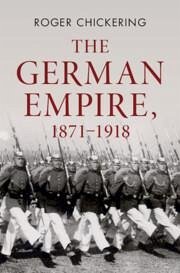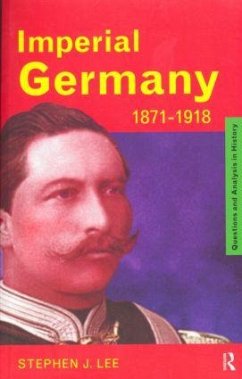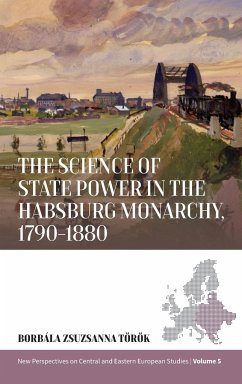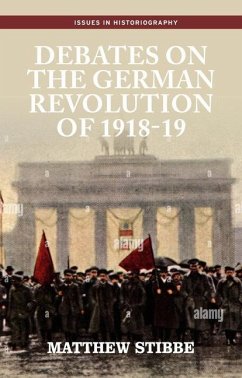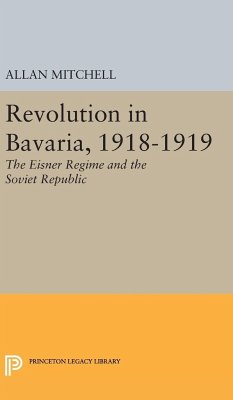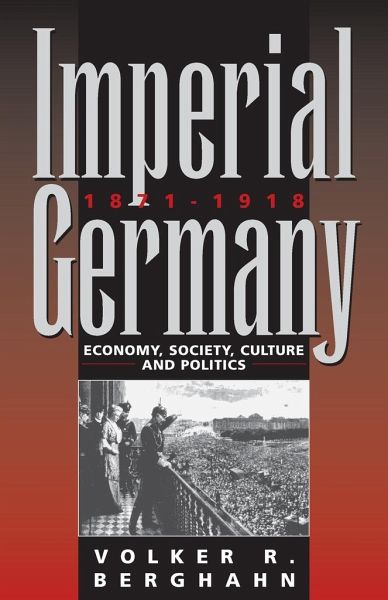
Imperial Germany 1871-1918
Economy, Society, Culture and Politics

PAYBACK Punkte
22 °P sammeln!
A comprehensive history of German society in this period, providing a broad survey of its development. The volume is thematically organized and designed to give easy access to the major topics and issues of the Bismarkian and Wilhelmine eras. The statistical appendix contains a wide range of social, economic and political data. Written with the English-speaking student in mind, this book is likely to become a widely used text for this period, incorporating as it does twenty years of further research on the German Empire since the appearance of Hans-Ulrich Wehler's classic work.
Dieser Artikel kann nur an eine deutsche Lieferadresse ausgeliefert werden.




